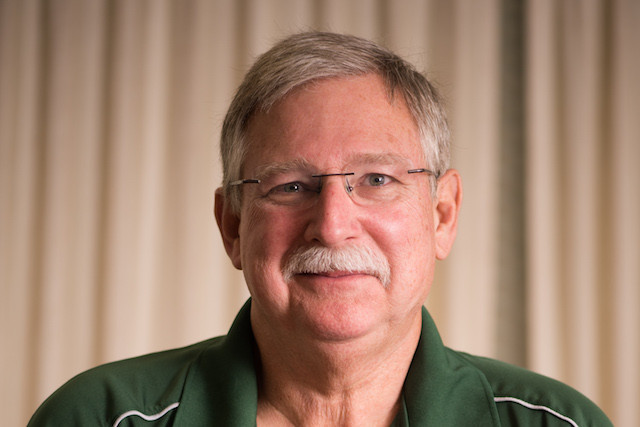The study, which sought to understand why disgruntled staff retaliate against bad superiors – despite the risk of making matters worse – found that tormenting a doll with pins and other implements helped restore their sense of fairness in the world.
Not to be confused with the rather more prestigious – and lucrative – Nobel prizes, which will be handed out in Stockholm early next month, the Ig Nobel awards celebrate work that “first makes people laugh, and then makes them think”.
Ten awards were announced on Thursday night at a ceremony at Harvard with an eight-year-old girl on hand to enforce a strict one-minute limit for acceptance speeches by imploring “Please stop, I’m bored” until any offenders stopped talking.
The awards included a medicine prize for urologists in Michigan who showed that kidney stones could be passed more swiftly by riding on a rollercoaster at a Disney theme park; a nutrition prize for work that revealed the unimpressive nutritional value of a cannibalistic diet; and a literature prize for a study titled “Life is too short to RTFM” that demonstrated how people despair of instruction manuals.
Lindie Liang and fellow psychologists at the University of Waterloo in Ontario won the economics prize for the voodoo doll investigation. Curious as to why people retaliate against bosses who could have them fired, the team showed that what mattered to slighted employees was a sense that justice had been served.
In a series of experiments reported in the Leadership Quarterly, workers were asked to recall a time when their boss abused or bullied them, then half were given the chance to unleash their frustration on a virtual voodoo doll. “Relative to those who did not stab and torture a voodoo doll, those who stabbed the doll representing their boss felt a greater sense of fairness and justice,” said Douglas Brown, a member of the team.
Brown concedes that employees may want to find more positive ways to vent their anger after being offended by a bad boss, but he does not dismiss the value of virtual vengeance. “I personally don’t see any harm in torturing a voodoo doll, if it makes you feel better,” he said.
Speaking before the ceremony, Brown said he was taking most of his family to the event and was looking forward to a “fabulous weekend’”. “Winning this prize is the highlight of my career,” he said. “We get to show people that science doesn’t necessarily need to be dry and boring. Sometimes you can do sound science and have a laugh along the way.”
Another winner on the night was James Cole from the University of Brighton. The archaeologist won the nutrition prize for calculating that there is nothing overly nutritious about a human being, and that eating a traditional diet is superior to cannibalism. “You’ll get more calories from a horse,” said Cole, whose work in Scientific Reports casts fresh light on the reasons for cannibalism among humans, their ancient ancestors and related species such as chimps.
Webcast of the 2018 Ig Nobel Prizes, held on the campus of Harvard University, 13 September 2018. Video: Improbable Research
Thea Blackler of Queensland University of Technology won the literature prize for revealing how most people do not use all of the features on their consumer products and are loth to consult instruction manuals when they are stuck. “People do not want to use manuals and feel they should not have to,” she said. Her study, published in the journal Interacting With Computers, suggests manuals might have finally had their day. “Is it time for a new system which can be built into devices themselves, for instance a new look at context-sensitive assistance, a wizard, or a better intelligent helper?” she said.
Other recipients included Swedish philosophers who discovered through observations at the local zoo that chimpanzees imitate humans as much as humans imitate chimps; biologists who found that professional wine tasters can detect the presence of a single fly in a glass of wine; and doctors in Oregon who, after 18 months of trial and error, hit upon rings of postage stamps to determine whether men had erections while they slept at night.
The ceremony also handed out prizes to Portuguese chemists for discerning the cleaning properties of human saliva and Japanese colonoscopists who found that the procedure can be performed solo provided you sit in the right position.
Ian Sample, Science editor
